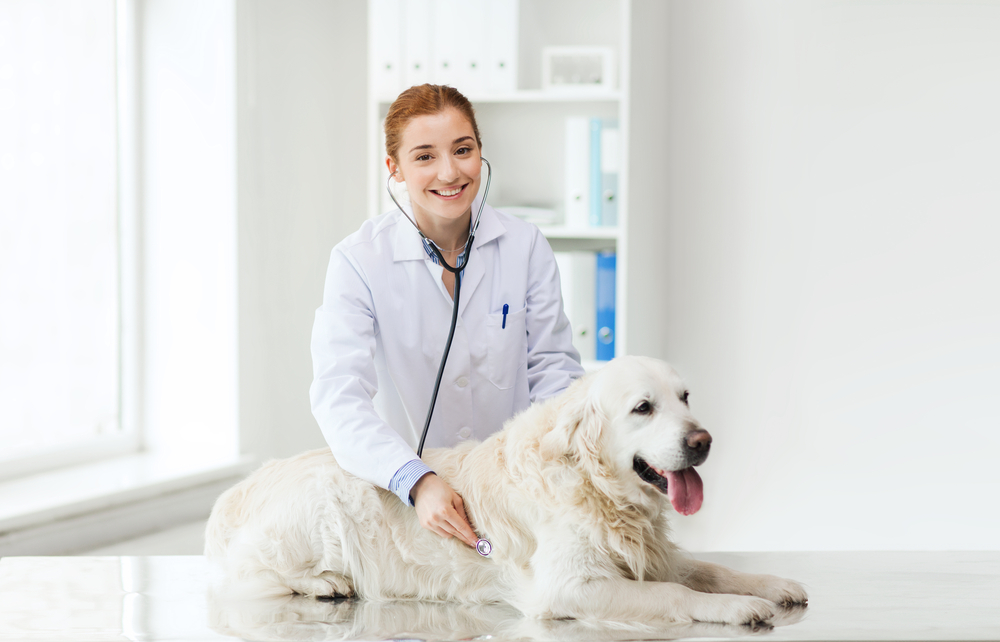When it comes to caring for your furry companions, being able to recognize the signs that indicate a need for veterinary attention is vital. Your pet's health can change rapidly, and as they cannot verbalize their discomfort, it's up to you to interpret their signals and behaviors. Understanding the nuances of pet wellness and recognizing the red flags can be the difference between a minor issue and a serious health condition.
Understanding Pet Health
Maintaining your pet's health requires vigilance and a proactive approach. Your pet's routine behaviors offer a window into their well-being, and any variations could be indicative of health issues. It's crucial to observe your pet's eating habits, energy levels, and bodily functions regularly. Changes in these areas often serve as the first indication that something isn't quite right.
Early detection of potential health issues can significantly increase the chances of successful treatment and recovery. By acting swiftly upon noticing the first signs of illness, you can prevent more severe conditions from developing and ensure a better quality of life for your beloved pet.
Top Signs Indicating a Need for a Veterinarian Visit
A sudden shift in your pet's behavior is often the most noticeable sign that something may be amiss. This can manifest as increased aggression, withdrawal, or unusual lethargy. If your pet is not acting like themselves, it's a clear signal that a vet visit might be necessary.
Changes in appetite, whether an increase or decrease, can be symptomatic of various health conditions. Similarly, unexpected weight loss or gain warrants attention. These signs should prompt you to schedule a consultation with your veterinarian to rule out underlying issues.
Vomiting or diarrhea that persists for more than a day can be signs of infection, dietary indiscretion, or even chronic diseases. Additionally, any changes in urination habits, such as increased frequency or accidents in the house, should be addressed by a veterinarian.
Specific Signs Related to Dogs
Dogs with respiratory issues may exhibit symptoms such as persistent coughing, wheezing, or labored breathing. These symptoms could be indicative of heart disease, lung problems, or even allergies and should be evaluated by a professional.
If your dog is limping, reluctant to move, or shows discomfort when being touched, it might be suffering from joint pain, arthritis, or an injury.
A dog's skin and coat are excellent indicators of its overall health. Excessive scratching, hair loss, or the appearance of rashes or lumps should be investigated. These could be signs of allergies, parasites, or other skin conditions.
Health Alerts for Cats
Cats are known for their clean litter box habits, so any inconsistency here, like urinating outside the box or blood in the urine, could signal a urinary tract infection or other serious conditions requiring immediate veterinary care.
Cats are meticulous groomers, and a decrease in grooming activity can be a subtle hint of illness. Over-grooming, on the other hand, may be a response to stress or skin issues.
Cats typically vocalize to communicate with their owners. However, if your cat is making sounds more frequently, or if the tone of its meow changes, this could be a sign of discomfort, pain, or distress.
The Role of Regular Check-ups in Pet Health
Regular veterinary check-ups are the cornerstone of preventative pet health care. These visits allow for early detection of diseases, up-to-date vaccinations, and overall health assessments, including dental health, weight management, and nutritional counseling.
Consistent veterinary visits help in building a comprehensive health history for your pet. This information is invaluable for diagnosing future ailments and for making informed decisions about treatment options.
Regular visits to the veterinarian create a strong relationship between you, your pet, and the veterinary staff. This rapport is essential for effective communication and trust, ensuring that your pet receives the best possible care.
Conclusion
Recognizing the signs that your pet needs to visit the veterinarian is a critical component of responsible pet ownership. From changes in behavior to specific symptoms in dogs and cats, understanding these alerts can lead to prompt and effective care. Regular check-ups play a significant role in maintaining your pet's health and catching potential issues before they become severe.
If your pet is exhibiting signs indicating a need for a veterinary visit, contact Mokena Animal Clinic at our office in Mokena, Illinois. Call 708-479-2811 to schedule an appointment today.


